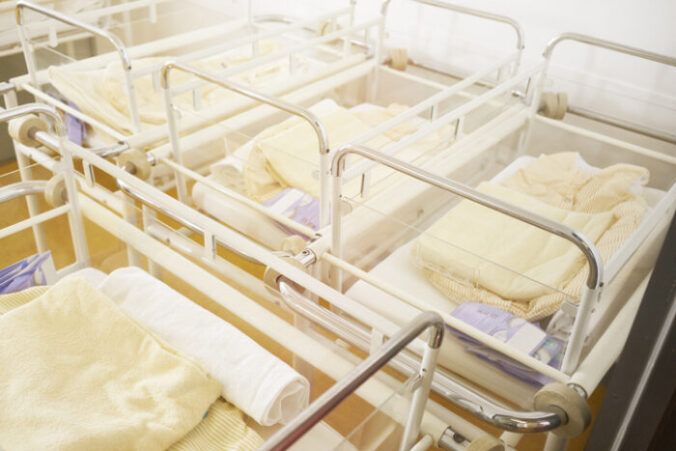More and more people do not want to have children, a major new American poll shows, and the chief reason is not the cost of living, but rather the wish to be free of the responsibilities of parenthood.
Here in Ireland, as in America, the fertility rate has dropped well below replacement level and therefore understanding the reasons why people choose not to have children is crucial for comprehending where we are going, demographically speaking, and why.
The new study from the Pew Research Center speaks to over 2,000 American adults who do not have children and offers a detailed examination of the various reasons why this is the case, highlighting significant trends and differences across age groups.
The survey is based on two distinct cohorts: adults aged 18-49 and those aged 50 and older.
Lifestyle choice is a predominant reason for the decision not to have children, especially in the 18-49 age group. Over half (57pc) of childless adults under 50 state they simply do not want to have kids. This figure is notably higher than among older adults (ages 50 and above), where only 31pc cite the same reason. This indicates a generational shift towards valuing personal autonomy and lifestyle choices over traditional expectations of parenthood.
Comparing these findings with past surveys reveals a clear move towards more people opting out of parenthood by choice rather than by circumstance. The share of non-parents under 50 who say they are unlikely to have children has increased by seven percentage points since 2018.
Among adults under 50, women are more likely than men (64pc vs 50pc) to say they simply do not want children.
Additionally, women are more likely to mention negative experiences with their own families as a factor in their decision, highlighting the personal and emotional dimensions influencing their choice.
Among the older age cohort, women more than men (42pc vs 27pc) felt pressure from society to be parents.
Men, on the other hand, are more likely than women to cite financial concerns (14pc vs 9pc) and the state of the world (15pc vs 10pc) as major reasons for not having children. This reflects a broader societal expectation on men to be financial providers.
Education also impacts these decisions. Among older adults, those with higher educational attainment are more likely to cite career focus and personal choice as reasons for not having children. In contrast, those with less education are more likely to point to financial concerns and the state of the world.
This research reveals that the decline in fertility rates is driven not just by economic factors but also by significant cultural shifts. Especially among younger adults, the preference for personal autonomy and lifestyle choice is a predominant factor. This reflects a broader societal shift towards individualism and self-fulfilment, often without considering the consequences for the common good.
A similar shift in values is probably happening here as well, that is, it is not just economic factors that have driven down our fertility rate to just 1.5.
















